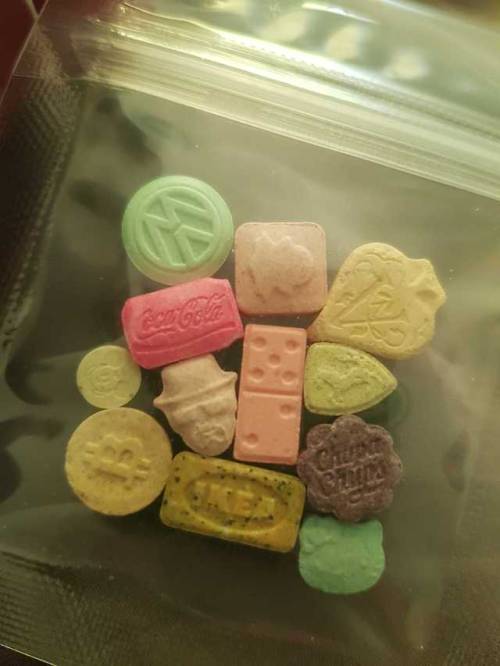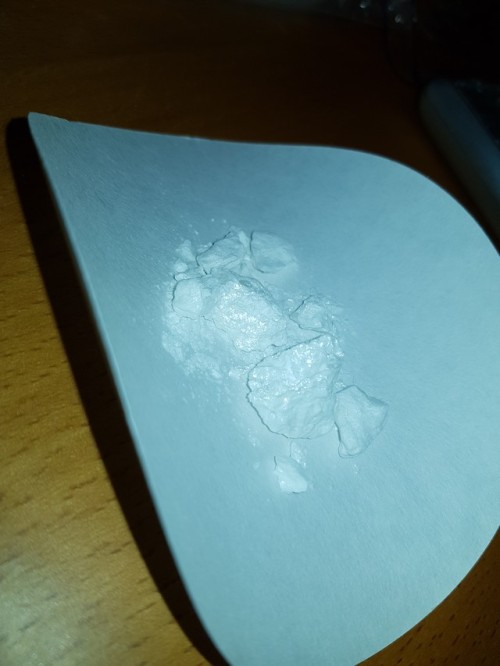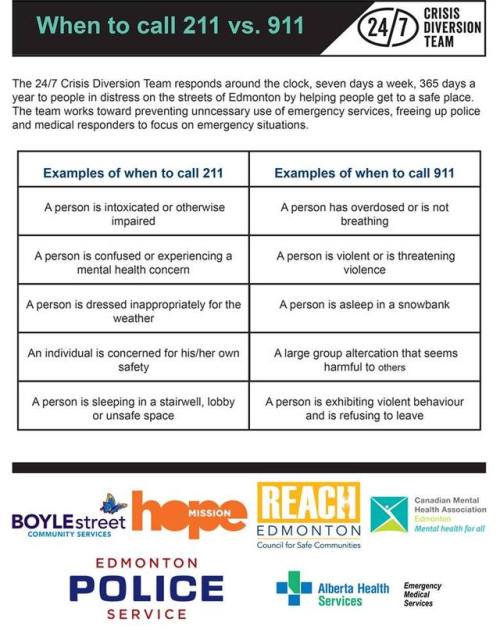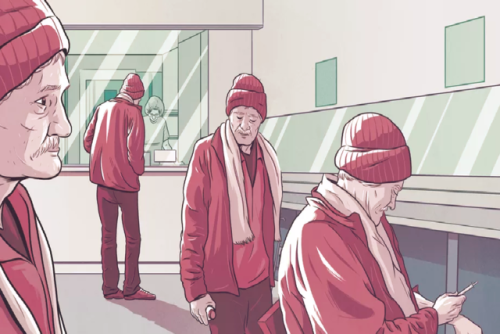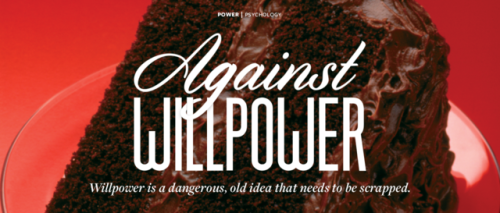#substance use
“we need to stop the stigma towards drug users and addicts” and “we need to challenge the idea that being sober makes you boring” and “we need to stop acting like binge drinking to the extent you’re doing medical damage is fun and normal for young people” are all ideas that can and should coexist.
just so we’re clear, the threshold for “binge drinking to the extent you’re doing medical damage” is waaaay lower than you think.
I work in an obstetrician and gynaecologist’s office. we have to tell patients on a regular basis that they are binge drinking weekly when they think they are simply consuming a normal amount of alcohol on the weekends.
having more than 3 drinks in a single sitting if you have an estrogen based endocrine system is a binge that is medically significant.
having more than 5 in a sitting is a medically significant binge for someone with a testosterone based endocrine system.
every time you do this, it significantly impacts your risk of getting breast cancer, and damages your liver. it takes time to recover from that liver damage. if you’re having a 3-5 or more drink binge on a weekly basis, you are an alcoholic, medically speaking, and your liver is not recovering.
again: the bar for what binge drinking is, medically, is so much lower than what you think it is.
alcohol is a really toxic substance and not something you should fuck around with.
again: if you have an estrogenized hormone system (common for most women), then 3 drinks is a binge. if you have a testosteronized hormone system (common for most men), then 5 drinks is a binge.
anything above that number, consumed as frequently as weekly or more, and you’re medically a binge drinking alcoholic.
also, if you’re drinking any quantity of alcohol 6 days a week or more, that’s another threshold at which, medically speaking, you meet the definition of alcoholism. your liver needs more days without alcohol in your system than just one a week to recover and be healthy.
I don’t say any of this to shame anyone—to me, alcoholism or substance use disorders aren’t a sign of weakness or moral failing. and most of us genuinely don’t know this stuff.
rather—I point this out because it’s important to reduce harm, and find ways to live healthier, happier lives. there is a life outside of constant binge drinking. it’s not always easy to find it. but it’s out there. you deserve a life where your emotional needs are met by something other than alcohol, and a life in which your liver is healthy, and the ways you cope and celebrate and find joy don’t put you at increased risk of cancer.
Some people might not even be drinking due to alcoholism, they might just be drinking what they think is a normal amount
Also, I think alcohol is so toxic that humans are one of the only animals that can process it
ahh.
so I think what we’re running into here is that there are two different models of what’s considered alcoholism or addiction. (one other person had this issue too here)
one is psychotherapeutic and one is biomedical.
under a biomedical model of addiction, one of two things determines diagnosis:
(a) meeting the threshold of consumption
(b) biochemical dependency
if someone meets one or both of these criteria, medically, they’re considered addicted. an emotional dependency on the substance is irrelevant.
so it doesn’t matter if someone isn’t emotionally dependent on alcohol, medically speaking, if they’re consuming at a binge drinking level, that’s medical alcoholism.
or if they have withdrawal symptoms when alcohol or another substance leaves their system, that’s medical addiction.
psychotherapeutically, addiction and alcoholism are determined by emotional dependence.
but emotional dependence isn’t necessary for the biomedical definition.
now this is where this is going to get hinky for some folks, but as an addict and a substance user, and someone working in harm reduction, and towards certification to work in psychotherapy—I don’t personally believe in the psychotherapeutic definition of addiction.
I think that it’s been used to pathologize people’s coping strategies for too long.
there are psychotherapists who claim you can be addicted to sex, to food, to sugar, and to video games.
and I think that’s absolute bullshit.
I see a lot of merit to the idea that people can have a physical, biochemical dependency on substances.
but pathologizing coping mechanisms doesn’t strike me as helpful or medically or therapeutically necessary or relevant.
maybe this is just where I’m coming from as someone working from a trauma-informed framework, but I don’t think there’s anything pathological about the brain’s hardwired capacity to look for ways to cope when someone is in distress.
I think the psychotherapeutic model of addiction does way more harm than it heals.
This is a really smart idea - raising awareness of the proper use of 911 is essential in order to reduce wait times for those in need by avoiding unnecessary interventions that do not require first responders.
Post link
The Case for Prescription Heroin
The idea is this: If some people are going to use heroin no matter what, it’s better to give them a safe source of the stuff and a safe place to inject it, rather than letting them pick it up on the street — laced with who knows what — and possibly overdose without medical supervision. Patients can not only avoid death by overdose but otherwise go about their lives without stealing or committing other crimes to obtain heroin.
And it isn’t some wild-eyed theory; the scientific research almost unanimously backs it up, and Crosstown’s own experience shows it can make a difference in drug users’ lives.
Three cheers for harm reduction!
Post link
Notions of willpower are easily stigmatizing: It becomes OK to dismantle social safety nets if poverty is a problem of financial discipline, or if health is one of personal discipline. An extreme example is the punitive approach of our endless drug war, which dismisses substance use problems as primarily the result of individual choices.
Such a fantastic read on a topic that permeates our health and social systems.
Post link
My patient was in pain. I didn’t know whether to believe him
For the first time during his hospital stay, his pain became real to me, and I realized I had wronged my patient by not taking his complaints more seriously. We gave him an opioid for his pain, and, slowly, the pain in his finger improved.
We’re taught in medical school not to undertreat pain, yet we do it too often in our zeal to not promote addiction. But many people who misuse opioids started out seeking pain treatment. We’re not doing enough, but what more can we do?
Don’t get me wrong. We absolutely need to continue to ask questions. We need to be more responsible when we prescribe these powerful drugs. And, yes, we need to remain vigilant for any signs of drug-seeking behavior.
That said, we have to be a little more trusting of our patients when it comes to their pain. Getting better control of their pain may help them recover faster and stay healthier longer.
With the opioid overdose epidemic, there is a palpable resurgence of very conservative pain management. We need to recognize that some people need opioids for pain management. Ultimately, substance use disorders and overdose are largely driven by disconnection, trauma, and stigma surrounding drug use, not the drugs themselves. Let’s evaulate and change the environments within which people are using drugs (i.e. address the social determinants of health, including employment, education, housing, and income). Limiting the conversation to restricting people’s access to medications obstructs a larger conversation on how our environments shape health behaviours.
Post link
drug tests are evil btw and they should be illegal.
“but what if a school bus driver comes to work high” well they could also come to work drunk and literally nothing is stopping them from doing that besides their own judgement. so.

